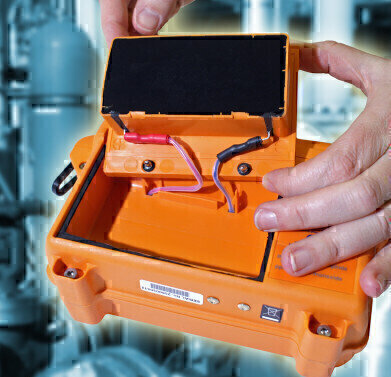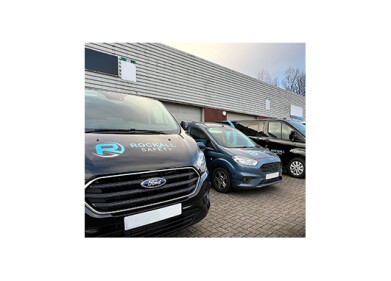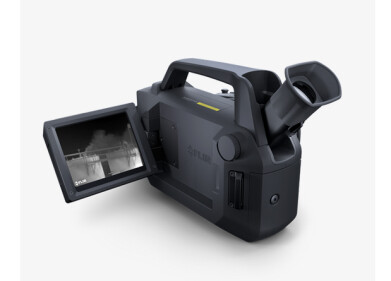Gas Detection
New LIBRA Battery Makes the Triple Plus+ Gas Detectors Even More Versatile
Oct 20 2010
Crowcon (UK’s) new LIBRA (Lithium ion Battery Replacement Assembly) battery is now available for use with all existing and new-build Triple Plus+ (TRP+) and Triple Plus +IR (TRP+IR) gas detectors. This makes the detectors even more versatile and dependable, with extended lifetime and charge cycles.
LIBRA is more than just a Li-ion battery. It contains a microprocessor and circuitry to mimic the previous Lead Acid battery pack – this means users can simply replace on their Lead Acid battery pack with a LIBRA without needing to do any modifications to their TRP+/TRP+IR or change the charger, even though the battery technologies are generations apart. LIBRA also provides power for 20-30 minutes after low battery warning, allowing users to complete their task and to replace the battery.
Core to the development was the need to offer existing users a solution compliant to their existing operating procedures. For example, there is no impact on the requirement to see the minimum operating voltage of 6.3V.
At the same time Crowcon has introduced a more forceful low battery alarm indication, based on customer feedback, demonstrating the company’s commitment to supporting the many tens of thousands of TRP+/TRP+IR users in the field. This improvement is available as standard in all new-builds (after November 2009) and also in the form of a service replaceable Eprom upgrade.
Lithium ion (Li-ion) batteries have a number of advantages over competing technologies. Firstly, they are generally lighter than Lead Acid equivalent batteries; secondly, they provide much more energy than Lead Acid batteries; thirdly, Li-ion batteries hold their charge (even on the shelf) and can be more effectively controlled by electronics; finally, they have no ‘memory effect’ and so can be recharged at any time without losing any overall life or cycle time – this means increased lifetime and charge cycles.
Assuming a five day working week, a 48 week year and a gas detector being charged overnight after every working day, the battery will experience 240 charging cycles per year. Under these conditions LIBRA guarantees a full two years of charge cycles without any reduction in run time. At the end of the following 240 charge cycles, a 25% reduction in run time may be experienced. LIBRA therefore offers, at the very minimum, three years of reliable use, assuming extreme recharging patterns. This time will be extended if the battery is not used completely or not charged as frequently.
Because Lead Acid batteries are declining in popularity due to their negative environmental impact, LIBRA Li-ion batteries are also more environmentally friendly than alternatives.
Digital Edition
IET 34.2 March 2024
April 2024
Gas Detection - Biogas batch fermentation system for laboratory use with automatic gas analysis in real time Water/Wastewater - Upcycling sensors for sustainable nature management - Prist...
View all digital editions
Events
May 06 2024 Minneapolis, MN, USA
May 13 2024 Munich, Germany
May 15 2024 Lund, Sweden
May 15 2024 Frankurt-am-Main, Germany
May 20 2024 Columbus, OH, USA


















